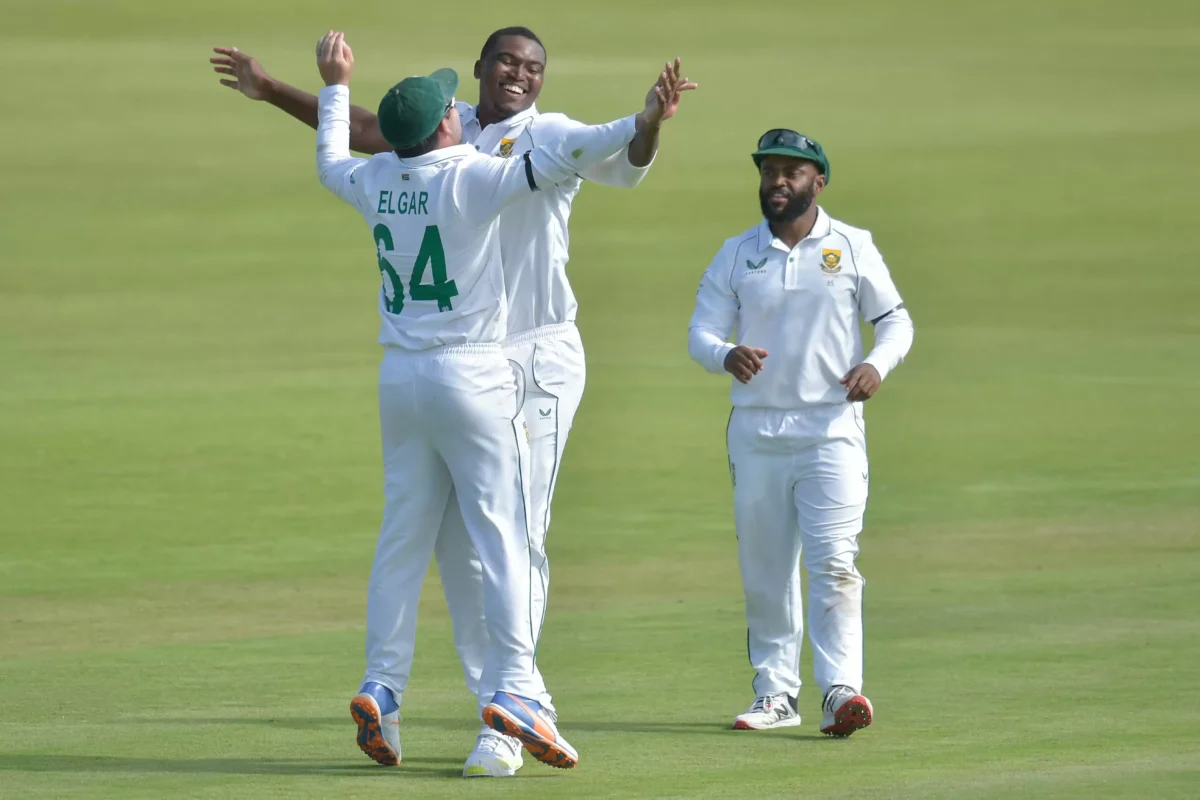
Lungi Ngidi had faced criticism from the likes of Brian McMillan, Pat Symcox, Boeta Dippenaar for supporting BLM campaign.

At the height of the global ‘Black Lives Matter’ campaign in 2020, South African fast-bowler Lungi Ngidi became one of the first cricketers from the rainbow nation to raise his voice in support of the anti-racism movement and the need for players to gesture in its favour.
Ngidi didn’t shy from publicly voicing his support to the cause and backed the sporting idea to take the knee in favour of BLM ahead of cricket matches. It was a noble thought from the pacer, who is only the second Zulu-speaking black South African in the senior men’s team squad after Andile Phehlukwayo.
But Lungi Ngidi’s heartening gesture hadn’t gone down well with some of South Africa’s former players of white shade as they try to downplay the whole BLM campaign, stating it has political motives behind it.
The largely misplaced ‘All Lives Matter’ was a message spread around in response by people with similar inclinations, with one of these former cricketers Boeta Dippenaar saying why don’t Ngidi raise his voice in support of white farmers of South Africa. Apart from this, the cricketer faced heavy trolling on social media, mostly by white men.
Speaking about the whole episode and the reactions that came his way during an interview with The Guardian, Lungi Ngidi said he never intended to hurt anyone’s feelings and had his heart in the right place when he supported BLM.
“I was very surprised because I didn’t step on anyone’s toes,” said the 26-year-old. “I didn’t attack anyone. But I understand the history of our country and racism is a factor within South Africa that needs to be addressed.”
“I remembered those stories my parents had told me and I would hate for my friends or any of my future family to go through the same thing.”
Also Read – Makhaya Ntini opens up on loneliness and racism during his International Cricket career
Ngidi also came out in support of the SJN hearings organised by Cricket South Africa (CSA) for black cricketers to open up and reveal their stories of ill-treatment and misconduct faced by white players, coaches and administrators in a system that evidently reflects of a country that is still overcoming the effects of the inhumane Apartheid era.
“Having these uncomfortable conversations is the only way to move forward. Sweeping stuff under the rug never helps anyone. My parents grew up in an era where racism was rife but apartheid was over when I was born.”
“They wanted me to make the most of that new start and they raised me never to judge a book by its cover, and I live by that today. Until someone shows me that [racist] side of themselves, I will never assume that is who they are,” he added.